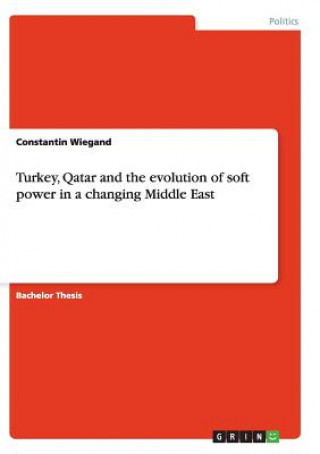
Kód: 09093769
Turkey, Qatar and the evolution of soft power in a changing Middle East
Autor Constantin Wiegand
Bachelor Thesis from the year 2013 in the subject Politics - International Politics - Region: Near East, Near Orient, grade: 1,0, University of Bath, language: English, comment: Note im britischen System: 73 (first class), abstrac ... celý popis
- Jazyk:
 Angličtina
Angličtina - Väzba: Brožovaná
- Počet strán: 48
Nakladateľ: Grin Publishing, 2014
- Viac informácií o knihe

45.83 €
Bežne: 46.72 €
Ušetríte 0.88 €

Skladom u dodávateľa
Odosielame za 15 - 20 dní
Mohlo by sa vám tiež páčiť
-

Transformation Of A Pastor's Mistress
26.01 € -

O Honored Father
26.01 € -

If I Can't Be at Your Feet
12.29 € -24 % -

Multi-axial Fatigue of Trabecular Bone with Respect to Normal Walking
59.15 € -

Gay Artists in Modern American Culture
46.75 € -
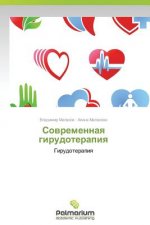
Sovremennaya girudoterapiya
95.23 € -1 % -

Sagen aus Muskau und dem Park
28.96 € -9 %
Darujte túto knihu ešte dnes
- Objednajte knihu a vyberte Zaslať ako darček.
- Obratom obdržíte darovací poukaz na knihu, ktorý môžete ihneď odovzdať obdarovanému.
- Knihu zašleme na adresu obdarovaného, o nič sa nestaráte.
Viac informácií o knihe Turkey, Qatar and the evolution of soft power in a changing Middle East
Nákupom získate 114 bodov
 Anotácia knihy
Anotácia knihy
Bachelor Thesis from the year 2013 in the subject Politics - International Politics - Region: Near East, Near Orient, grade: 1,0, University of Bath, language: English, comment: Note im britischen System: 73 (first class), abstract: Conventionally, politicians and diplomats defined power as the control over a territory and its population, the possession of natural resources, economic size, military force, and internal political stability. Today, this emphasis on using military force to exert control over a territory, its population and its natural resources which marked earlier eras is losing significance. Factors such as technology, education and economic growth are becoming more important in the international struggle for power. As the great powers of today are less able to use their traditional power resources to achieve their goals, private actors and small states have become more powerful. Joseph Nye identified five trends which contributed to this diffusion of power: economic interdependence, transnational actors, nationalism in weak states, the spread of technology and changing political issues. He argued that these trends suggest a second, more attractive way of exercising power than traditional means, and called this aspect of power co-optive or soft power.§Since the end of the Cold War, the concept of soft power has been used extensively in discussions about US foreign policy and has more recently also been used to describe China's foreign policy. But far less attention has been given to how this term can be used in other cultural contexts to describe intra-regional politics, such as in the Middle East. Turkey and Qatar are two countries that try to navigate through this dangerous region in a different way. But what they have in common is that they both managed to improve their reputation and increase their visibility in the past decade. This has translated this into increased policy impact on the regional and global stage. Is the concept of soft power useful to explain the increased power of attraction that emanates from these countries? (...)§§This bachelor thesis will use the concept of soft power to explain Turkish and Qatari foreign policies over the past decade, as well as the most recent developments. It also aims to elucidate why both of the countries have built up their soft power resources, and does so by focusing on the concept of human security .
 Parametre knihy
Parametre knihy
Zaradenie knihy Knihy po anglicky Society & social sciences Politics & government
45.83 €
- Celý názov: Turkey, Qatar and the evolution of soft power in a changing Middle East
- Autor: Constantin Wiegand
- Jazyk:
 Angličtina
Angličtina - Väzba: Brožovaná
- Počet strán: 48
- EAN: 9783656834120
- ISBN: 3656834121
- ID: 09093769
- Nakladateľ: Grin Publishing
- Hmotnosť: 73 g
- Rozmery: 210 × 148 × 3 mm
- Dátum vydania: 10. November 2014
Obľúbené z iného súdka
-

Joint Terminal Attack Controller (JTAC) Training Program
19.51 € -
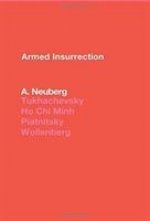
Armed Insurrection
25.40 € -18 % -

Flash Boys - A Wall Street Revolt
12.90 € -

Wretched of the Earth
10.56 € -21 % -
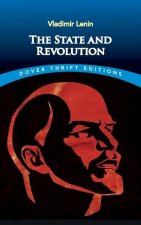
State and Revolution
4.97 € -18 % -
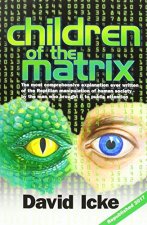
Children of the Matrix
17.27 € -19 % -

My Autobiography
13.20 € -18 % -
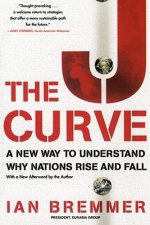
J Curve
18.18 € -17 % -

Case Against the Sexual Revolution
14.93 € -29 % -

The Trigger
22.86 € -26 % -
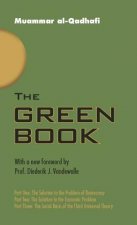
GREEN BOOK
7.31 € -28 % -

Yoga of Eating
11.37 € -25 % -
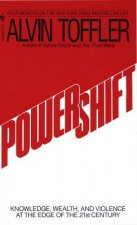
Powershift
7.71 € -26 % -

Politics
47.05 € -14 % -
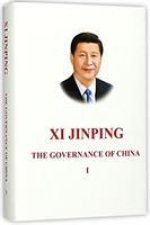
Xi Jinping: The Governance of China
30.18 € -

Sandworm
24.89 € -26 % -
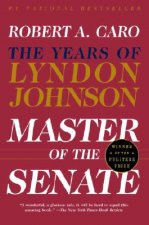
Master of the Senate
23.57 € -10 % -
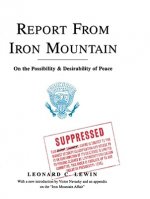
Report From Iron Mountain
12.49 € -17 % -

Reflections of a Nonpolitical Man
19.30 € -20 % -
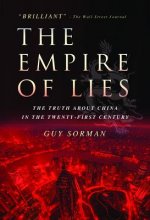
Empire of Lies
13.51 € -22 % -
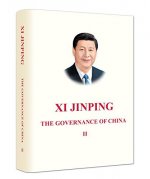
Xi Jinping: The Governance of China II
24.49 € -

Clash of Orthodoxies
12.09 € -26 % -
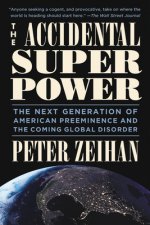
Accidental Superpower
18.39 € -19 % -

The Lords of Poverty: The Power, Prestige, and Corruption of the International Aid Business
12.49 € -27 % -

Abaddon Ascending: The Ancient Conspiracy at the Center of CERN's Most Secretive Mission
17.07 € -19 % -

Cold and the Dark
19.30 € -16 % -

Fight Like A Girl
10.36 € -28 % -
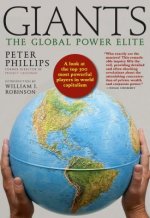
Giants
16.05 € -24 % -
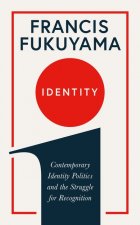
Identity
11.27 € -24 % -
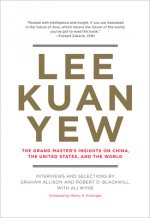
Lee Kuan Yew
17.17 € -26 % -
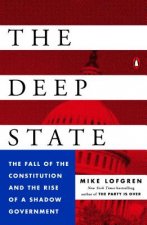
Deep State
15.44 € -24 % -
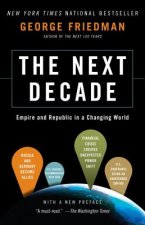
Next Decade
17.88 € -2 % -

Age of Ambition
11.37 € -28 % -
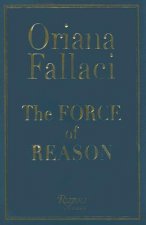
Force of Reason
16.56 € -22 % -

Against Civilization
13.61 € -21 % -
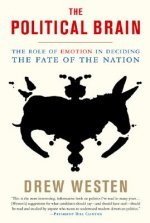
Political Brain
14.22 € -26 % -
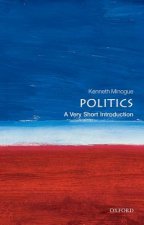
Politics: A Very Short Introduction
10.15 € -28 % -

Urban Warfare in the Twenty-First Century
24.99 € -11 % -
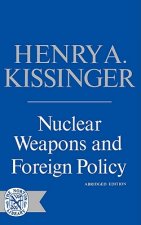
Nuclear Weapons and Foreign Policy
22.56 € -2 % -

Trade Marketing, Category Management, and Shopper Marketing
90.15 € -

Spirit of the Laws
23.88 € -
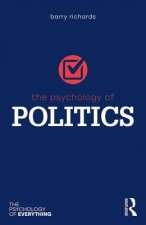
Psychology of Politics
19.61 € -

Reveille for Radicals
13.81 € -20 % -
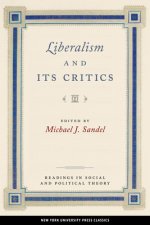
Liberalism and Its Critics
31.20 € -

Voices from the Contemporary Japanese Feminist Movement
48.88 € -3 % -
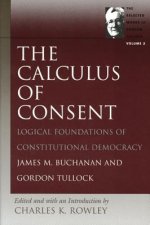
Calculus of Consent
13.92 € -11 % -
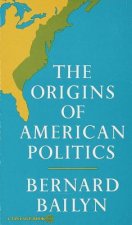
Origins of American Politics
16.56 € -

Red Petrograd
21.13 € -4 % -

RFK
13.61 € -25 %
Osobný odber Bratislava a 2642 dalších
Copyright ©2008-24 najlacnejsie-knihy.sk Všetky práva vyhradenéSúkromieCookies


 21 miliónov titulov
21 miliónov titulov Vrátenie do mesiaca
Vrátenie do mesiaca 02/210 210 99 (8-15.30h)
02/210 210 99 (8-15.30h)